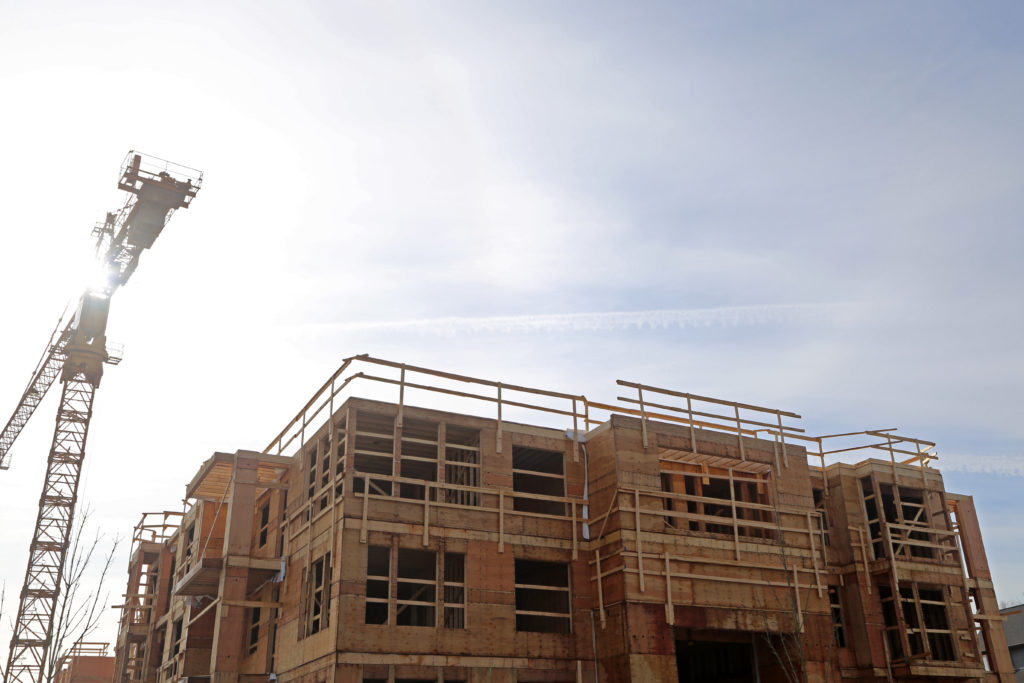
A Planning Inspector has supported a local planning authority’s (“LPA”) refusal of a certificate of lawful use on the basis that a condition precedent, relating to site investigation and potential remedial works for contaminated land and buildings, had not been complied with.
Planning permission for the change of use had been granted in 2004 for the conversion of part of the building from B1 office use into six residential units. Three of the units had been converted and occupied and the applicant applied in 2017 for a certificate of lawful use or development to confirm that the 2004 planning permission had been validly implemented. This would allow the applicant to convert the remaining three units under the same planning permission.
The LPA refused the applicant’s application on the basis that the below condition had not been complied with and discharged:
The LPA considered a planning condition of the permission which stipulated:
“No development shall be commenced until a site investigation has been undertaken to determine the nature and extent of any contamination and the results of the investigation, together with an assessment…. have been submitted to and approved in writing by the Local Planning Authority.
The condition was considered by the Planning Inspector to constitute a condition precedent, meaning that the condition went to the heart of the permission. The condition was intended to ensure that there was no risk to the health of the public caused by the development. As the condition was deemed to be a condition precedent it had to have been complied with in order to validly implement the planning permission.
In 2009 the applicant had submitted an asbestos report; however, the LPA did not accept it to be sufficient to discharge the condition. Furthermore there was no evidence that the LPA has ever approved the report or corresponded with the applicant in writing, which was also a requirement of the condition
It was held by the Planning Inspector that as a result, this condition had not been discharged. This in turn meant that the 2004 application had not been validly commenced. The permission was held to be time expired and the applicant could therefore not rely on it to authorise the conversion of the remaining three units.
Importance of the decision for developers
The grant of conditional planning permission does not inevitably mean that development in reliance of it is permitted. Should there be a failure to discharge a condition that requires compliance prior to commencement of development, there is a risk that any work undertaken is unlawful and may be the subject of enforcement action.
Furthermore, planning permission may need to be reapplied for, potentially attracting a further planning fee, further contributions to a Section 106 Agreement or other financial penalties.
Sarah-Jane is an Associate in our planning team, if you have any questions please get in touch by telephone 01872 265100 or by email planning@stephens-scown.co.uk
